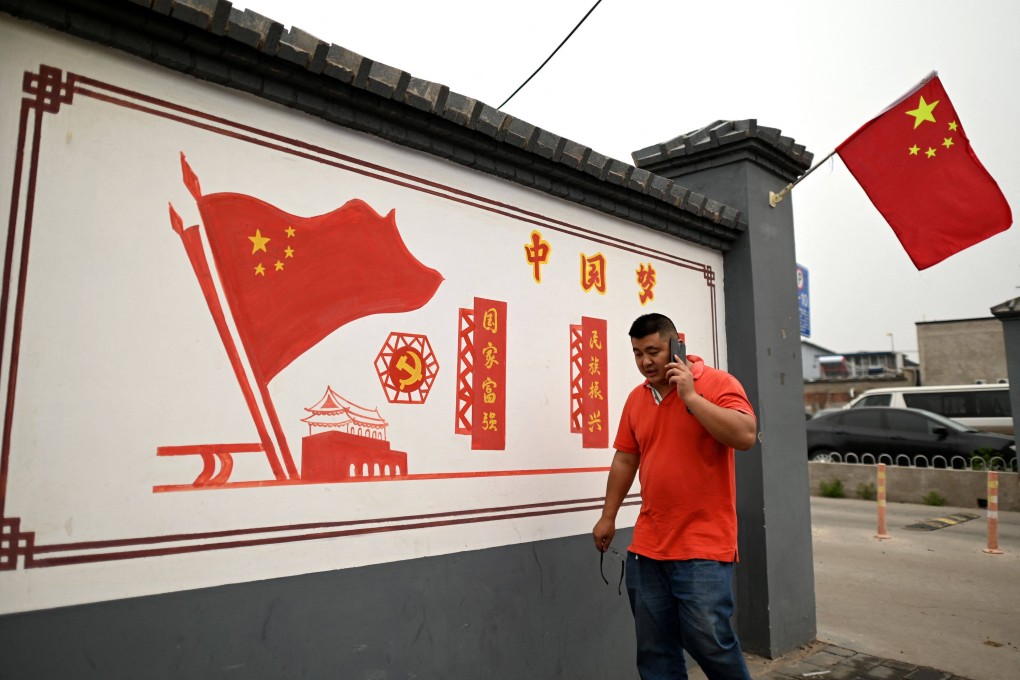Letters | Why China is closer to reality on democracy and human rights than the West
- No one is the sole arbiter of these abstract ideals of our common humanity. Beijing’s ‘results-oriented’ and pragmatic approach arguably delivers more benefit to its people

The West defines democracy in the following terms: one person, one vote, in a multiparty election. If a government follows the procedures of such an election, the result is democratic – a very “procedural-oriented” outcome.
China defines a democratic government as one that delivers the most good to the largest majority of the people. It’s a very “result-oriented” outcome. A government that does not meet the needs of the largest majority cannot be a democracy, regardless of the process. These are two very different definitions.
I believe China’s definition is closer to reality. In the West, an election can easily be hijacked by big money and big media, and becomes a competition of deception, trickery, manipulation, disinformation and even outright lies. Is this democratic?
So comparing “procedural-oriented” vs “result-oriented”, I’ll take the latter any time. We, the people, need results, not empty talk.
As for freedoms, the West emphasises freedom of speech and freedom to hold elections. China emphasises freedom from violence.
On human rights, the West emphasises the right to liberty, freedom from slavery, freedom from torture, freedom of opinion and expression.
